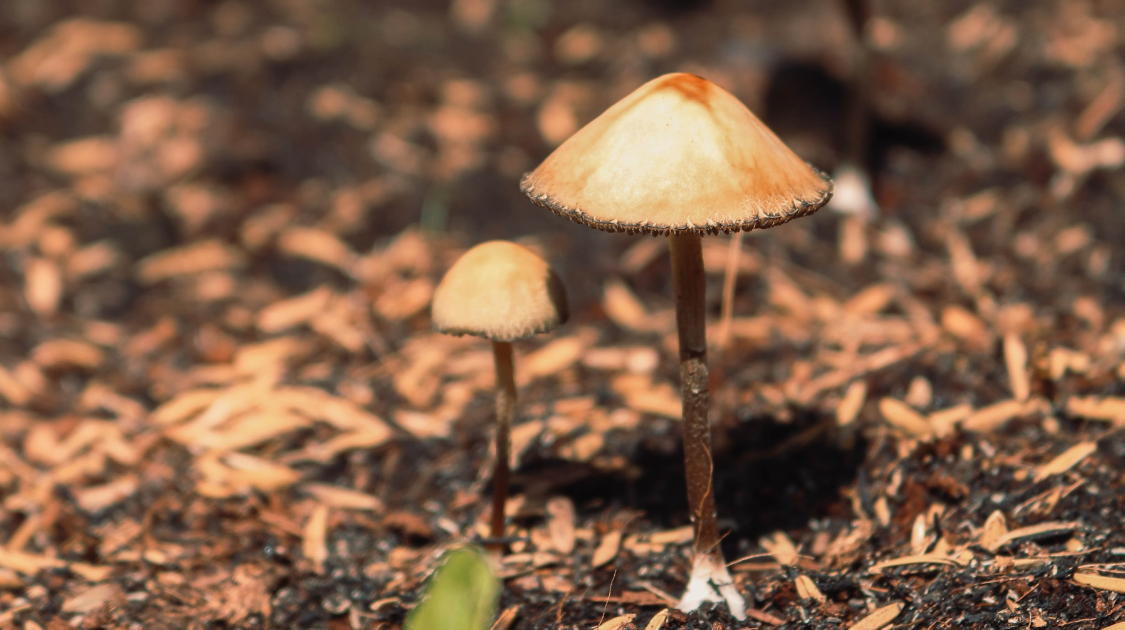World
Psilocybin, Otherwise Known as Magic Mushrooms
By Enya Fang | Published Apr 11, 2022 1:27 p.m. PST

On Thursday, 6 terminally-ill Canadians received the country’s first legally produced psilocybin - a psychoactive compound found in "magic" mushrooms. The substance has shown promise for treating end-of-life anxiety in people with life-threatening diseases.
In January, Health Canada amended its rules to allow doctors access to manufactured psilocybin for terminally ill patients as part of a special access program. This was, to many, a much improved framework from people being allowed to apply for exemptions for then-illegal psilocybin but more often than not, had no access to professionally manufactured drugs. Most were forced to grow their own mushrooms or source the substance from an unlicensed dispensary.
'Magic mushrooms [allowed] my body to use my energy for healing instead and process those fears in a supportive environment,” said Thomas Hartle, the first Canadian to access legal psilocybin-assisted psychotherapy 2 years ago, and one of the six who were administered the drug on April 7.
Hartle reportedly flew from his hometown of Saskatoon to Vancouver Island to receive psilocybin for the first time since his yearlong exemption expired. He had initially procured his own mushrooms, but on Thursday, medical-grade psilocybin and group therapy with the other five patients had awaited him.
In addition to the seemingly euphoric-inducing feelings, recent research conducted on psilocybin has also linked the drug to a lower risk of opioid addiction.
A study by Harvard Graduate student Grant Jones hypothesizes that psilocybin suppresses serotonin and dopamine in the brain; chemical reactions that have been previously linked to addiction. Its numbers show that psilocybin users were 30 per cent less likely to have an opioid addiction in comparison to those who didn’t. Of the 214,505 respondents to a survey between 2014 to 2019, those who used psilocybin were at least 17 percent less likely to develop symptoms of opioid dependence.
While these results remain preliminary and do not account for other hallucinogens, it may well lay the foundation to tackling the opioid addiction epidemic.
Canada is no stranger to the grips of opioid addiction. Between January 2016 and September 2021, Health Canada reported 26,990 opioid toxicity deaths; a number that continues impacting thousands of Canadian families every day.
